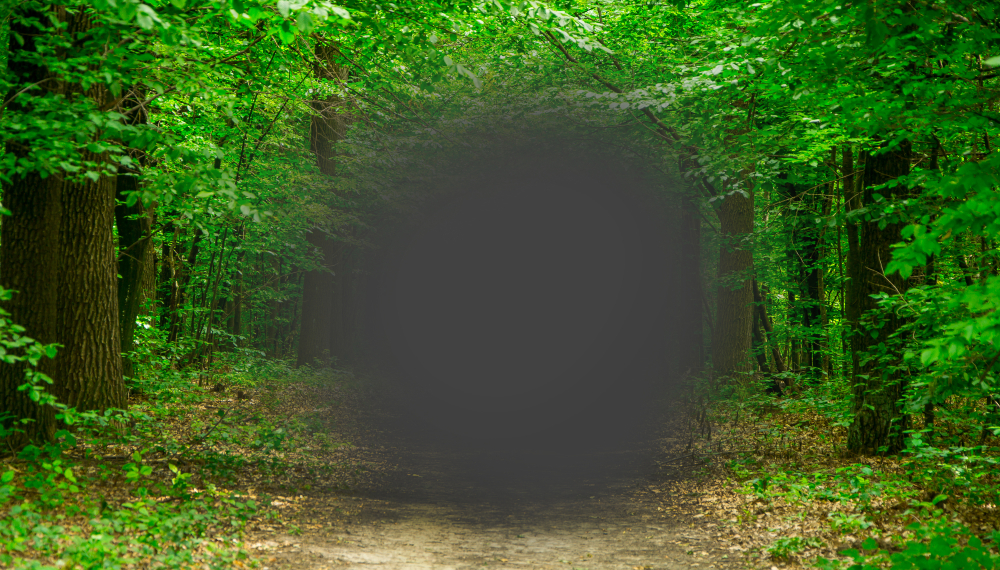
Macular degeneration is a leading cause of vision loss among older adults, affecting millions of people worldwide. This progressive eye condition primarily targets the macula, the central part of the retina responsible for sharp, clear vision. As the macula deteriorates, individuals with macular degeneration may experience significant changes in their central vision, making it increasingly difficult to perform everyday tasks such as reading, driving, and recognizing faces.
Understanding the symptoms, causes, and available treatment options for macular degeneration is crucial for maintaining your eye health and preserving your vision as you age.
Types of Macular Degeneration and Their Causes
Macular degeneration can be categorized into two main types: dry (atrophic) and wet (neovascular). Dry macular degeneration is the most common form, accounting for approximately 90% of cases. It is characterized by the gradual breakdown and thinning of the macula, leading to a slow, progressive loss of central vision. The primary cause of dry macular degeneration is the accumulation of waste products, known as drusen, under the retina, which can disrupt the normal function of the macula.
Wet macular degeneration is less common, but it can progress more rapidly and cause more severe vision loss. It occurs when abnormal blood vessels grow under the retina, leaking fluid and blood, which can damage the macula. The development of wet macular degeneration is often triggered by the release of certain growth factors that stimulate the formation of these abnormal blood vessels.
Understanding the underlying causes of these two types of macular degeneration is crucial for recognizing the symptoms and seeking appropriate treatment.
Common Symptoms of Macular Degeneration
The symptoms of macular degeneration can vary depending on the stage and type of the condition. However, some of the most common symptoms include:
- Blurred or distorted central vision: As the macula deteriorates, your central vision may become blurred, making it difficult to perform tasks that require sharp, clear vision.
- Difficulty reading or recognizing faces: The loss of central vision can make it challenging to read small print or recognize the faces of friends and family members.
- Decreased color perception: Macular degeneration can affect your ability to perceive colors, making them appear duller or less vibrant.
- Increased sensitivity to glare and bright lights: Some individuals with macular degeneration may experience increased sensitivity to glare and bright lights, which can make it challenging to navigate in certain environments.
- Sudden or gradual vision loss: Depending on the type of macular degeneration, vision loss can occur gradually or more suddenly, with the wet form typically causing more rapid vision loss.
It's important to note that the severity and progression of these symptoms can vary from person to person, and some individuals may experience only mild vision changes in the early stages of the condition.
The Importance of Regular Eye Exams for Early Detection
Regular eye exams are crucial for the early detection and management of macular degeneration. By visiting your eye doctor for routine checkups, they can identify any signs of the condition and monitor its progression over time. Early detection is essential, as it allows for timely intervention and the implementation of appropriate treatment strategies.
By scheduling regular eye exams, you can take an active role in monitoring your eye health and catching any signs of macular degeneration early on. This proactive approach can significantly improve your chances of preserving your vision and exploring treatment options that can help manage the condition.
Treatment Options for Macular Degeneration
The treatment approach for macular degeneration depends on the type and severity of the condition. While there is no cure for macular degeneration, there are several treatment options available that can help manage the condition and slow the progression of vision loss.
- Nutritional supplements: Your eye doctor may recommend taking a specific combination of vitamins and minerals, such as those found in the Age-Related Eye Disease Study (AREDS) formulation, which have been shown to slow the progression of dry macular degeneration in certain cases.
- Low-vision aids: For individuals with more advanced dry macular degeneration, low-vision aids, such as magnifiers, telescopic lenses, and specialized computer software, can help improve their ability to perform daily tasks and maintain their independence.
- Anti-VEGF injections: These injectable medications, such as Lucentis, Eylea, and Avastin, work by blocking the growth of abnormal blood vessels and reducing the leakage of fluid, which can help stabilize or even improve vision in some cases.
- Photodynamic therapy: This treatment involves the use of a light-sensitive drug and a specific type of laser to selectively target and destroy the abnormal blood vessels in the macula.
- Laser surgery: In certain cases, traditional laser surgery may be used to destroy the abnormal blood vessels and prevent further vision loss.
It's important to work closely with your eye care professional to determine the most appropriate treatment plan for your specific needs and to regularly monitor the progression of your macular degeneration over time.
Book Your Next Eye Exam with Cincinnati Vision Group Today
Macular degeneration is a complex and progressive eye condition that can have a significant impact on your quality of life. However, with increased awareness, regular eye exams, and the availability of various treatment options, individuals with macular degeneration can take proactive steps to manage their condition and preserve their vision.
Schedule your comprehensive eye exam today and take the first step towards preserving your vision. To learn more about the latest advancements in macular degeneration treatment, visit Cincinnati Vision Group at our offices in Cincinnati, Liberty Township, Dayton, or West Chester, Ohio. Call (513) 793-5970, (513) 712-5065, (513) 753-4981, (937) 435-4293, or (937) 579-0393 to book an appointment today.




